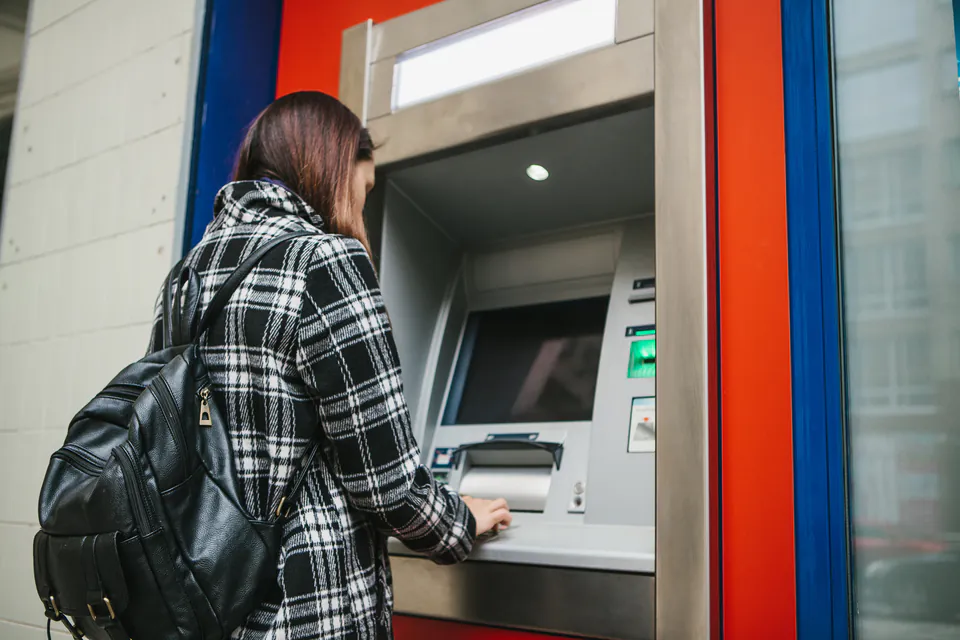Staying Safe in Budapest: Practical Advice for Visitors
Budapest is really one of Europe's safest capitals. Millions of tourists come here every year for the beautiful buildings, thermal baths, and nightlife. Crime rates are much lower than other major European cities, and the US State Department gives Hungary a Level 1 travel advisory - the safest category there is. Serious crimes against tourists almost never happen, but knowing what to watch out for and using common sense will help you have a great trip.
The city center has people around all the time, police are everywhere, and it's pretty safe for tourists. Most visitors never have problems beyond maybe someone trying to pickpocket them. This makes Budapest perfect for solo travelers, families, and first-time visitors to Europe. But like any big city, there are people who try to take advantage of tourists who don't know local prices and customs.
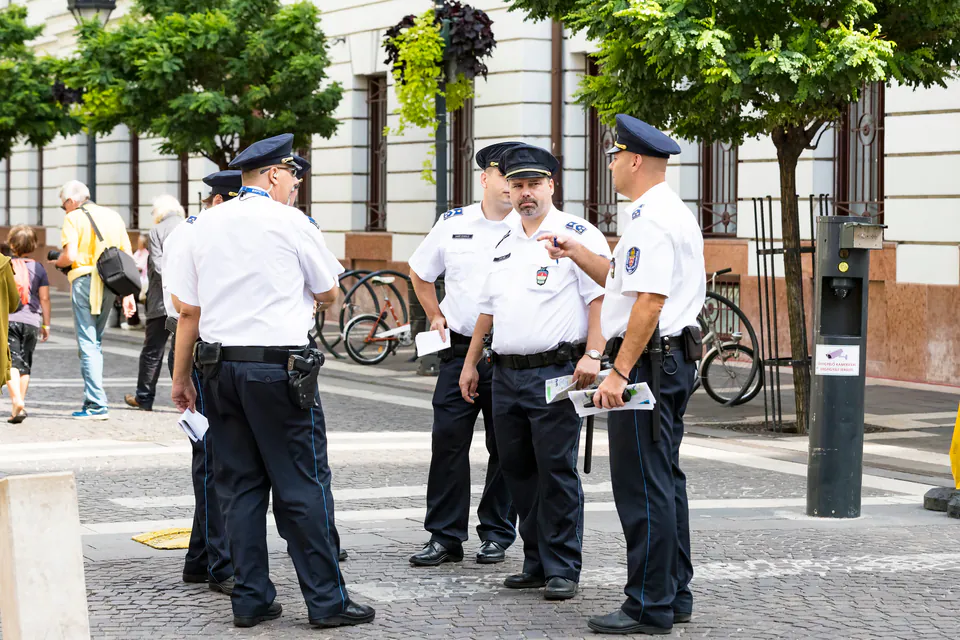
Common Scams You Need to Know About
Budapest gets tons of tourists, which unfortunately brings scammers who target people who don't know local prices and how things work. We've found that knowing about these tricks ahead of time is your best defense.
Restaurant and Bar Ripoffs
Some tourist area restaurants deliberately go after foreign visitors with crazy high prices. These places might show you one menu but bring a different bill with higher prices, add random service charges they didn't mention, or just make up prices thinking tourists won't argue. There's this infamous "Budapest bar scam" that targets men - attractive women approach male tourists and suggest getting drinks at certain bars, then you end up with a massive bill and intimidating staff demanding payment right away.
We always check menus and prices before ordering. If a place won't show clear prices or acts weird about showing you a menu, that's a huge red flag. When the bill comes, go through each item before you pay. Be extra careful if someone you just met wants to take you to a specific bar or restaurant, especially if they seem really pushy about it.
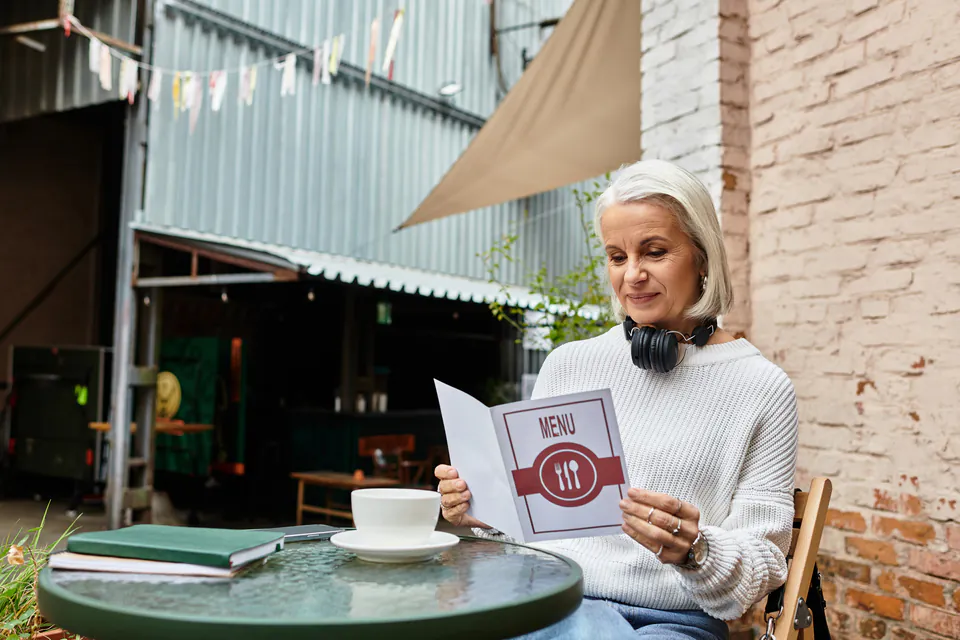
Taxi Ripoffs and Transportation Tricks
The 2013 taxi regulations made things much better in Budapest, but some unlicensed drivers still try to overcharge tourists. They use rigged meters that run too fast, take long routes to bump up the fare, or offer flat rates that cost way more than the meter would.
Licensed yellow taxis have company logos, working meters, and clear fare info. Better yet, use ride-sharing apps like Bolt or FőTaxi - you get the price upfront and they track your route. With any taxi, make sure the meter starts when you get in and check that it matches the rate card in the car.
Money Exchange Scams
Sketchy currency exchange operations target tourists with great-looking rates, then give you fake money or way less cash than you agreed on. These fake booths don't have proper licenses and often have old or suspicious-looking signs.
We only exchange money at real banks like OTP or proper exchange bureaus. Never do street exchanges, no matter how good the rate looks. Always count your money before leaving and get a receipt.

Pickpockets and Distraction Tricks
Pickpockets work all over Budapest's tourist areas using clever distraction tricks to steal your stuff. Common ones include the "bump and grab" where one person bumps you while another takes your wallet, or fake fights designed to distract you while their partners work.
They love public transport during rush hour, popular spots like Fisherman's Bastion and the Great Market Hall, and busy shopping streets like Váci utca. They usually work in groups - one creates a distraction while others do the stealing.
Keep valuables in front pockets or a money belt under your shirt. Don't flash expensive jewelry or big amounts of cash. In restaurants and cafés, wrap bag straps around chair legs or keep bags on your lap instead of hanging them on chair backs or putting them on the floor.
Getting Around Safely
Budapest has great public transport that gets you to basically every attraction, but a few precautions help keep you safe and avoid common issues.
Public Transport Tips
The metro, trams, and buses work well and safely, but be careful during busy times when everything gets packed. Always buy tickets from official machines or the Budapest Go app, then validate them right when you get on buses and trams or before entering metro platforms.
Keep your validated ticket the whole trip because inspectors do random checks and give big fines if you don't have one. Be extra careful at major stations like Keleti and Nyugati - these are known pickpocket spots. During crowded times, keep bags closed and in front of you instead of on your back.
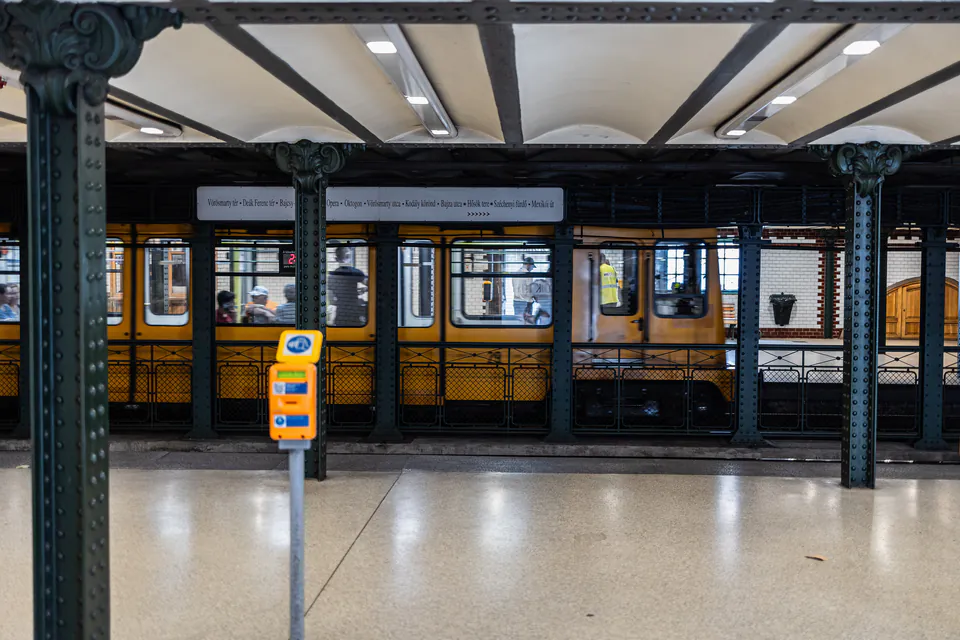
Safe Taxi Practices
For safe taxi rides, only use licensed yellow taxis with visible company logos and fare info. Good companies are City Taxi, FőTaxi, and Bolt. Make sure the meter starts when your trip begins and estimate your fare beforehand using company websites or apps.
Don't take taxis that approach you at tourist spots - these usually overcharge or take you places where drivers get kickbacks. Keep small bills for payment to avoid change problems, and save taxi company numbers in your phone for easy booking.
Walking and Night Safety
Budapest's city center is really walkable with good sidewalks and generally safe streets, making walking a fun way to explore. But stick to well-lit streets at night and be careful on cobblestones, especially after rain when they get really slippery.
We suggest taking taxis for late-night returns to your hotel, especially if you're staying outside the center. Avoid dark underpasses and quiet side streets after dark - stick to main streets with lots of people.
Different Areas and Their Safety
Most of Budapest is safe for tourists, but understanding which areas need extra attention helps you make smart choices about where to go and when.
Safe Districts
The Castle District (District I) is historic, well-patrolled, and safe all day and evening. District V (Belváros) is the main tourist and shopping area with great infrastructure and lots of police around. District VI (Terézváros) has Andrássy Avenue and major attractions, with good safety standards. District XIII has modern residential areas with well-developed infrastructure.
These central areas usually don't cause problems for visitors, though normal city precautions still apply for personal belongings and staying aware of your surroundings.
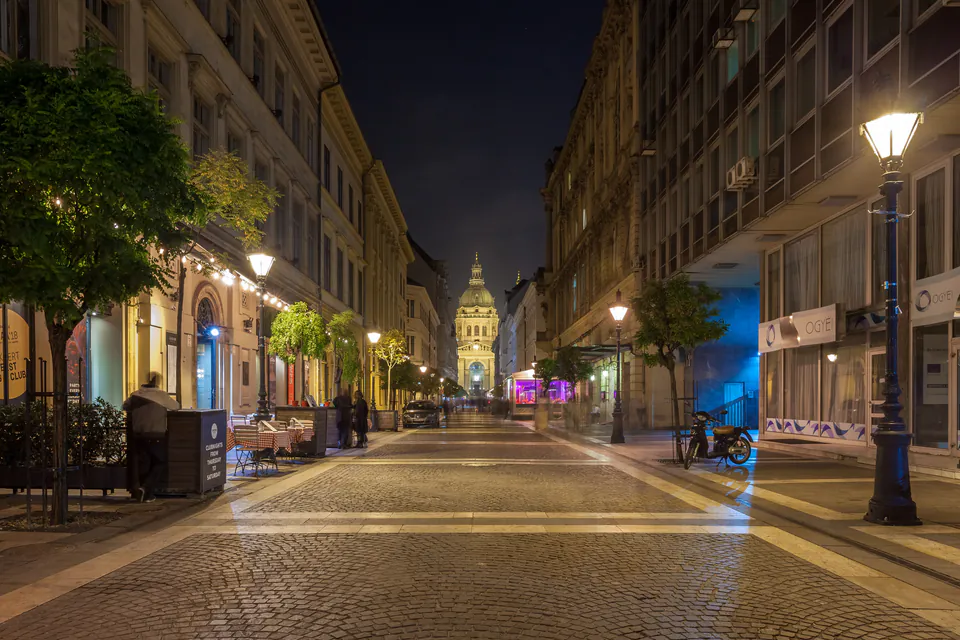
Areas Where You Need to Be More Careful
Be extra aware in outer parts of Districts VII, VIII, and IX after dark. These areas have legitimate attractions and businesses during the day, but they get less crowded and potentially riskier at night.
Areas around Keleti and Nyugati railway stations need special attention, especially late at night. These transport hubs attract sketchy people and have higher petty crime rates. The Józsefváros area (District VIII) needs extra caution after dark, though daytime visits to attractions like the National Museum are totally fine.
Staying Safe During Nightlife
Budapest's famous nightlife scene, especially the ruin bars in the Jewish Quarter, attracts visitors from everywhere. We've learned that enjoying these unique experiences safely means being aware of potential risks and taking sensible precautions.
Protecting Yourself When Going Out
Stay with trusted friends instead of going out alone, especially late at night. Watch your drinks being made and never leave them alone - drink spiking incidents are rare but have been reported at some venues. Be careful of strangers who are unusually friendly, especially if they want to take you to a different venue.
Know your hotel address and have a solid plan for getting back safely. Use licensed taxis or ride-sharing apps for late-night returns instead of walking long distances, especially if you've been drinking. Only carry essential cash and one payment card when going out - leave other valuables safe in your hotel.
The Jewish Quarter has most popular nightlife venues and is generally safe, but the crowds during busy times attract pickpockets. Stay aware of what's happening around you even while enjoying Budapest's legendary party scene.

Emergency Info and Healthcare
Knowing how to get help fast can make all the difference in urgent situations. Hungary provides emergency care to all visitors regardless of nationality or insurance in life-threatening situations.
Important Emergency Numbers
Budapest Emergency Contacts
| Service | Phone Number |
|---|---|
| Pan-European Emergency Number | 112 |
| Police | 107 |
| Ambulance | 104 |
| Fire Brigade | 105 |
| Tourist Police (English-speaking) | +36 1 438 8080 |
Getting Medical Help as a Visitor
EU citizens with valid European Health Insurance Cards can get free emergency primary healthcare in Hungary. Visitors from other countries should make sure their travel insurance covers medical emergencies, though everyone gets life-saving care regardless of nationality or insurance in real emergencies.
For English-speaking medical help, try First Med Centers, which have professional private clinic services with English-speaking staff, or Swiss Clinic, providing 24/7 private medical services at +36 20 235 3505.
24-Hour Pharmacies
Budapest has several 24-hour pharmacies (called "ügyeletes gyógyszertárak" in Hungarian) for medication needs outside regular hours. Key locations include Széna Tér Patika in the Castle District at 1015 Budapest, Széna tér 1, and Teréz Gyógyszertár near Nyugati Station at 1067 Budapest, Teréz körút 41.
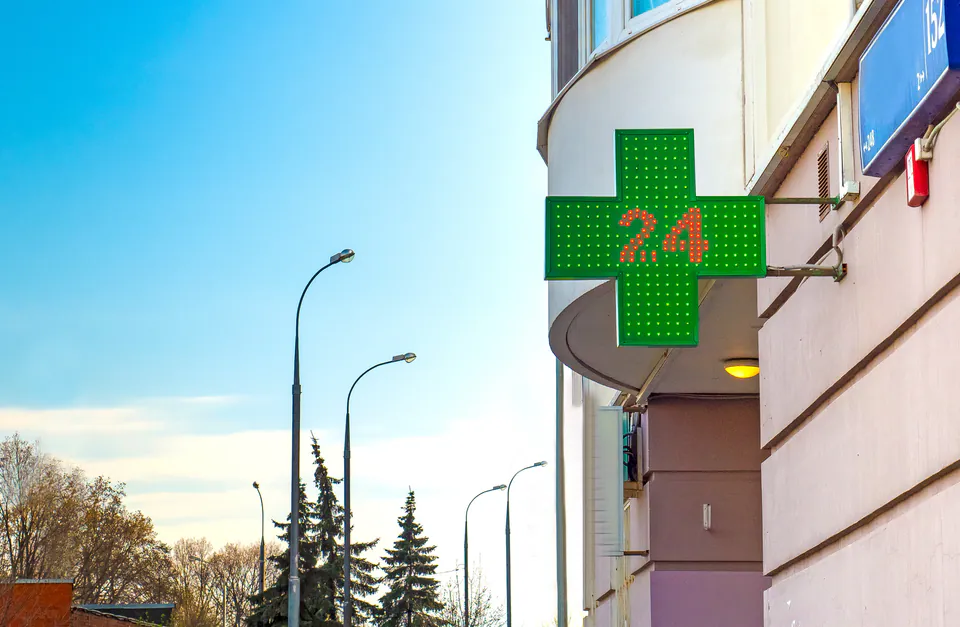
Daily Safety Tips
These basic tips help ensure smooth Budapest experiences while protecting your belongings and personal safety.
Keeping Your Stuff Safe
Use a money belt or cross-body bag worn in front when going through crowded areas. Leave expensive jewelry and too much cash in your hotel safe - only carry what you need for the day. Consider making digital copies of important documents like your passport and storing them securely online or in your phone.
In restaurants, loop bag straps around chair legs or keep bags on your lap instead of hanging them on chair backs. Be especially careful in crowded tourist spots and on public transport, where most theft happens.
Money and Payment Safety
Only exchange money at official banks or licensed exchange offices - never accept street offers no matter how good the rates look. Use ATMs attached to banks instead of standalone machines in tourist areas, which might have skimming devices.
Carry small bills for minor purchases while keeping larger bills secure and out of sight. Check for card skimming devices before using ATMs and cover the keypad while entering your PIN. Always ask for receipts when exchanging money or making big purchases.
Weather and Environmental Awareness
Budapest gets hot summers and cold winters, so dress appropriately for the season and weather. Stay hydrated, especially when visiting thermal baths or during summer when temperatures can get quite high.
We learned to be careful on cobblestone streets throughout the city, especially after rain when they become slippery and potentially dangerous. In winter, watch for icicles on buildings and slippery sidewalks that might not be obvious.
